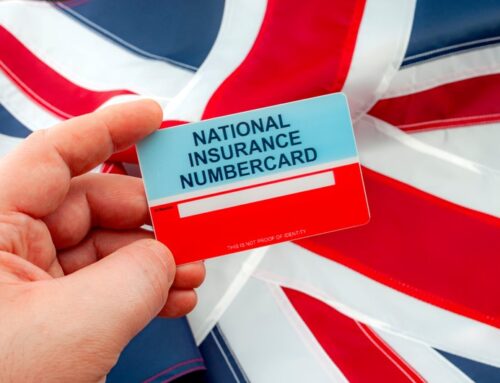As a general rule, Inheritance Tax (IHT) is collected from a person's estate when they die and can also be payable during a person’s lifetime on certain trusts and gifts. There is normally no tax to be paid if the value of the estate is below the IHT nil rate threshold of £325,000.
The remaining amount after deducting the nil rate band, main residence nil-rate band, IHT exemptions and reliefs is liable to IHT at 40%. A reduced rate of IHT of 36% applies where 10% or more of a deceased’s net estate is left to charity.
A surviving joint tenant automatically inherits anything that was owned as 'joint tenants'. Joint tenants hold equal shares of the property with the same deed. The surviving joint tenant can be liable to pay IHT if the deceased’s estate can’t or doesn’t pay.
The rules are similar for 'tenants in common'. The basic difference versus joint tenants is that tenants in common can have unequal shares and different ownership interests. As with joint tenants, if the estate doesn’t have enough money to pay the IHT, the tenants in common will be liable.
The inheritor is also liable to pay tax on any profit they make from inherited cash or assets. For example, where a property is inherited and then rented – Income Tax would be due on the rental income (subject to the usual rules). Likewise, if assets are inherited and subsequently sold, Capital Gains Tax would be due on the increase in value since the person died.





